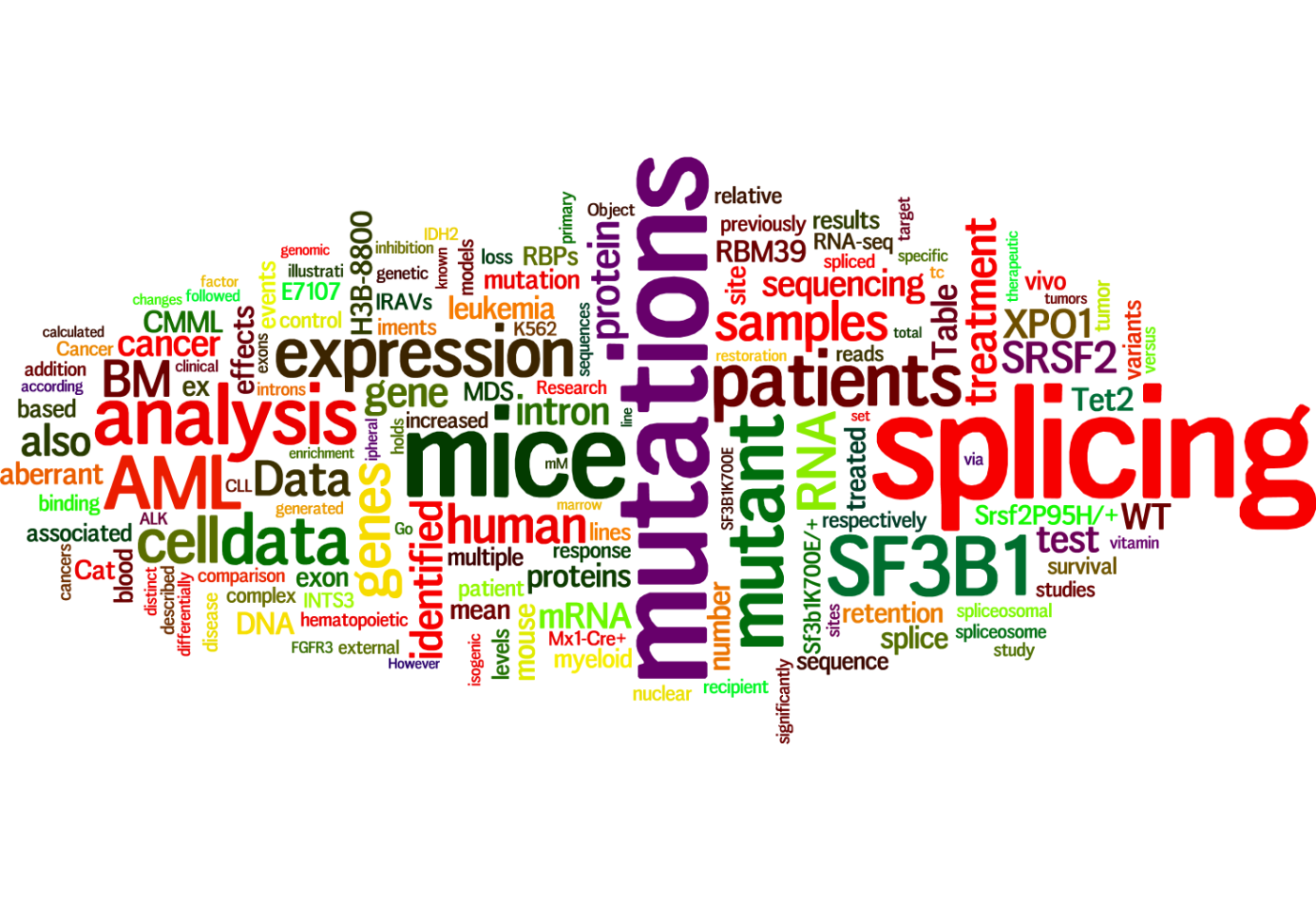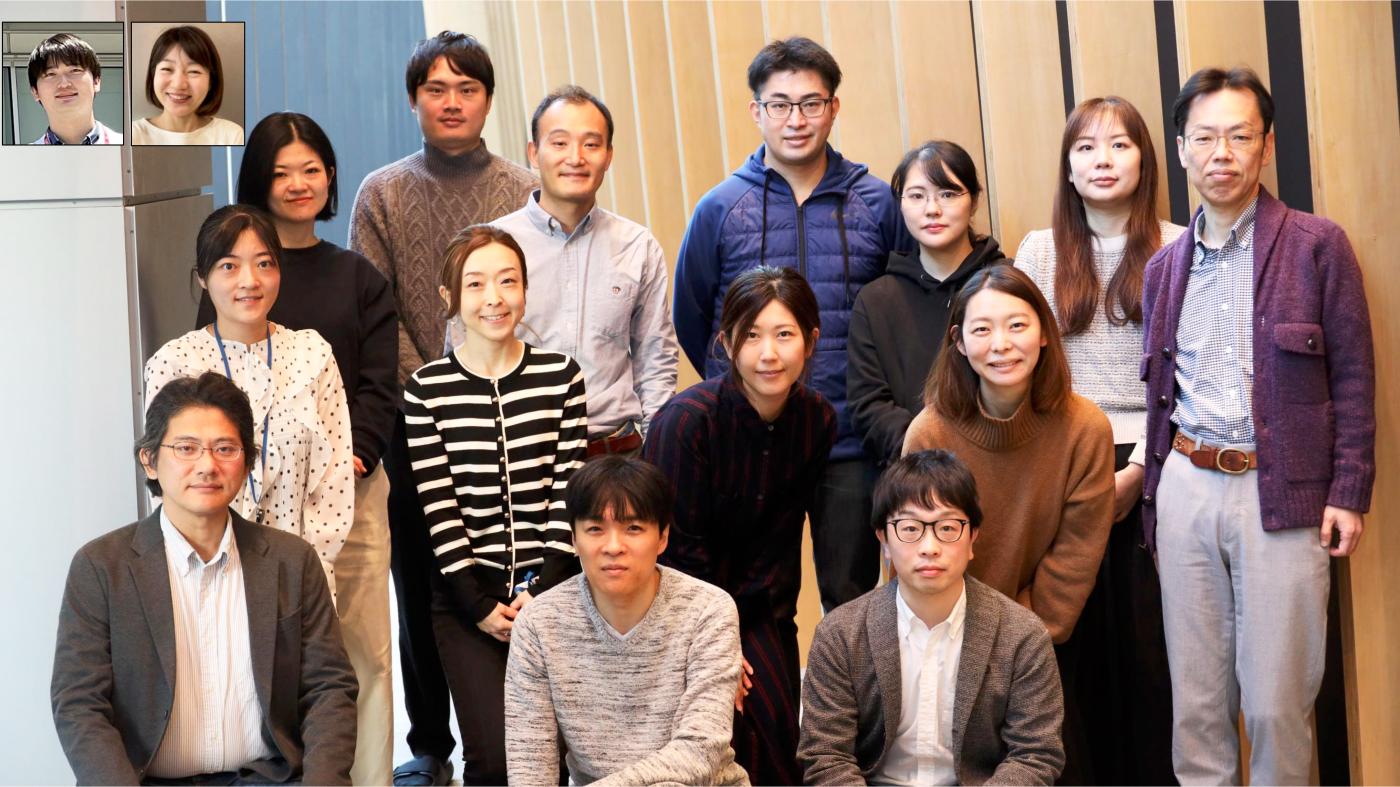Home > Division of Cancer RNA Research
Division of Cancer RNA Research
- Apr. 26, 2024
- Ryoichi Maenosono had a poster presentation at the 111th Annual Meeting of the Japanese Urological Association and received the Best Post Award!!
- Apr. 22, 2024
- Akihide Yoshimi gave a lecture at the EPOC/CPOT Seminar Series 5.
- Apr. 20, 2024
- Akihide Yoshimi gave an invited lecture at the international symposium of the 76th Annual Meeting of the Japan Society of Obstetrics and Gynecology.
- Apr. 12, 2024
- Muto Tomoya's paper is now available online in Leukemia!
- Apr. 3, 2024
- Akihide Yoshimi has contributed to the publication ’Recent Trends in Nucleic Acid Medicines: Modalities, Synthesis, Analysis, and DDS’ (in Japanese).
- Apr. 1, 2024
- Mina Yoshida has become a Japan Society for the Promotion of Science Special Research Fellow (DC2)!
- Apr. 1, 2024
- Ryoichi Maenosono has been appointed as a research fellow!
- Apr. 1, 2024
- Akihide Yoshimi has become a Visiting Professor (Affiliated Graduate School) at Keio University School of Medicine.
- Apr. 1, 2024
- Akihide Yoshimi has become a part-time lecturer (Affiliated Graduate School) at Tokyo Medical and Dental University.
- Apr. 1, 2024
- Minori Koizumi has just joined as a master's student!

Our Research Interest
Our studies have been focused on how RNA processing including RNA splicing is altered in cancer and functionally drives cancer initiation and maintenance. The advent of high-throughput transcriptome sequencing has provided a wealth of information on RNA splicing on a genome-wide scale. It is now understood that > 95% of human genes are subject to alternative splicing. RNA splicing is considered to be a major mediator of proteome diversity through its ability to generate multiple transcripts with differing amino acid sequences from a single gene. The discovery of recurrent mutations in components of the RNA-splicing machinery in 2011 further highlighted the importance of aberrant splicing in cancer as well as a potential therapeutic vulnerability for cells bearing these mutations. Despite the major advances in our understanding of the genomics, molecular biology and therapeutic implications of altered RNA processing in cancer, the full contribution of aberrant RNA splicing to cancer pathogenesis has not been fully elucidated. Our aim is to contribute to the full understanding of the pathogenic roles of altered RNA processing in a variety of cancers and to the development of therapeutically efficacious and safe strategies to improve the outcome of cancer patients.

(Figure was made by using Wordle based on our recent papers)




